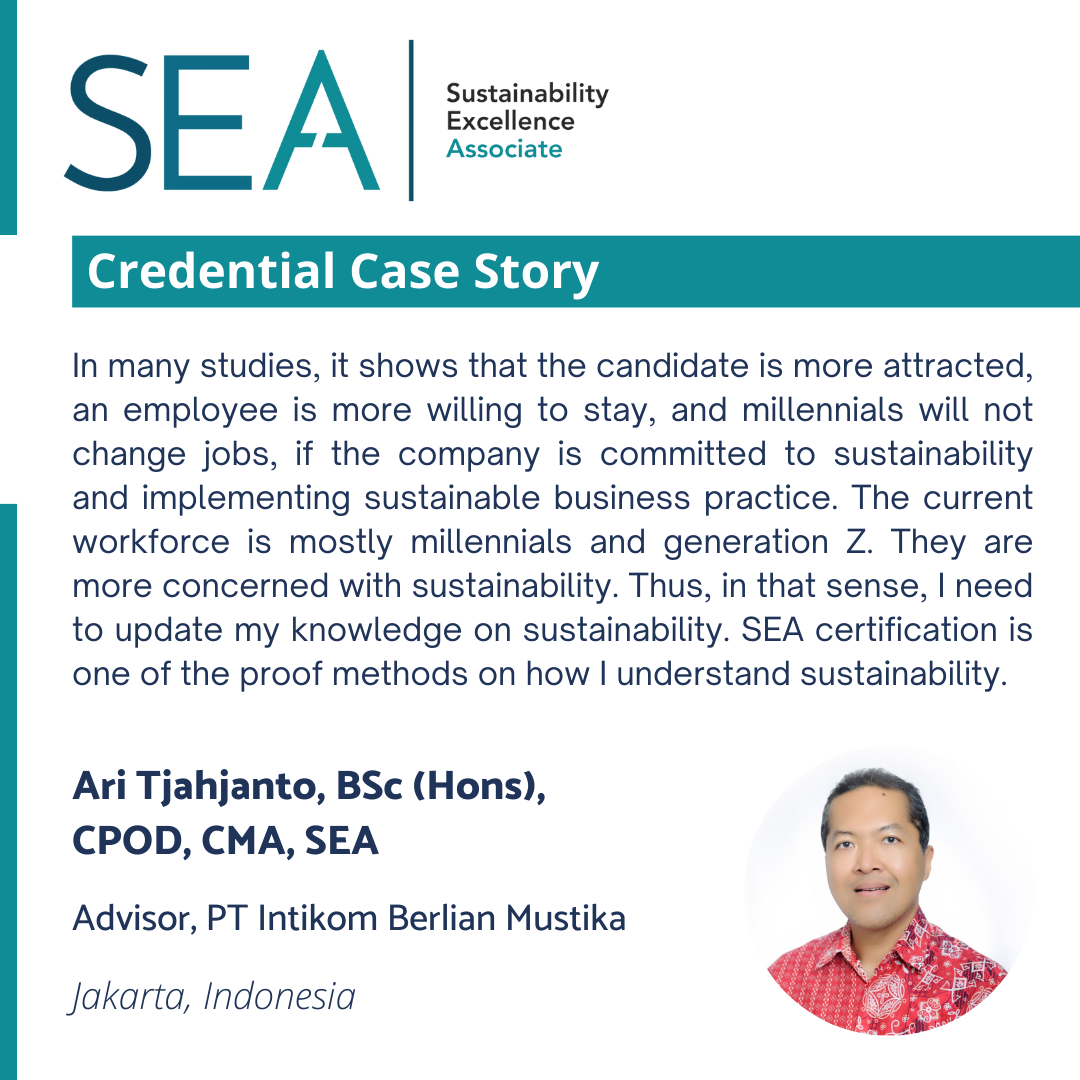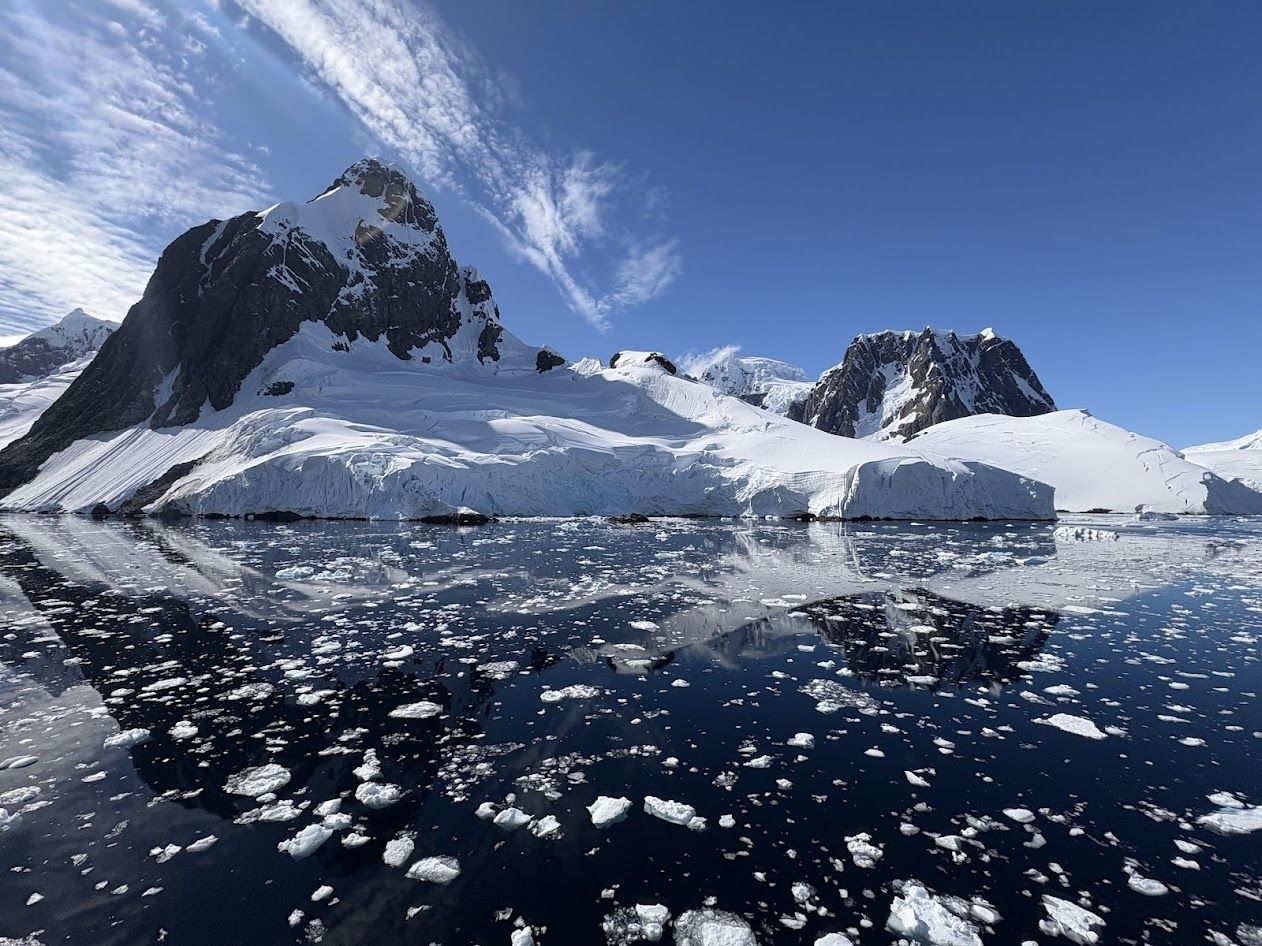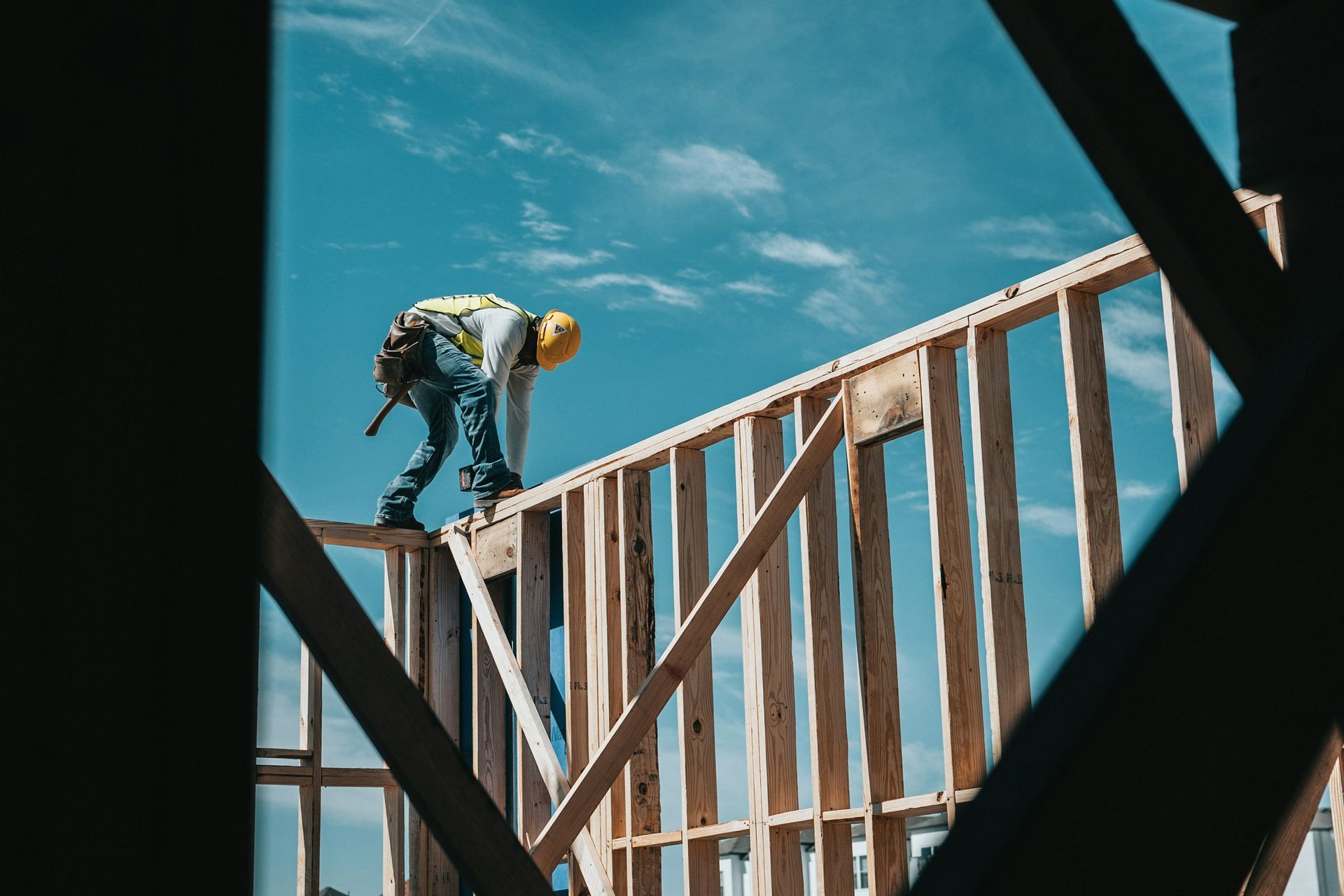What brought you to this moment in your career where the Sustainability Excellence Associate (SEA) credential made sense for you?
I am a People Experience enthusiast and Human Resource practitioner, using the PPTx (People-Policy-Technology-eXperience) framework, where People is the foundation. This matches with the Triple Bottom Line of the sustainability, which is People-Planet-Profit.
Furthermore, many studies show that if the company is committed to sustainability and implementing sustainable business practice, more candidates are attracted to the company, employees are willing to stay, and millennials will not change jobs. The current workforce is mostly millennials and generation Z, and they are more concerned about sustainability. Thus, in that sense, I need to update my knowledge on sustainability. SEA certification was a key method for me in understanding sustainability.
How are you putting the knowledge, skills and ability demonstrated in the SEA to work in your career (or work) today?
I believe that sustainability should lead the corporate agenda, and Human Resource should lead sustainability initiatives across the organization until it enters the organization’s DNA.
Sustainability should be endorsed by all top-level executives, and all initiatives should be tracked and monitored. End-to-end sustainability-related initiatives (e.g. Organization Structure, Culture, Competencies, Training & Socialization, KPI / OKR, Reporting, Employee activities, Employee engagement, Business Process improvement, Governance, etc.) should be implemented thoroughly. The PDCA (Plan, Do, Check, Act) approach, should also be done to improve and to meet sustainability goals.
Benchmarking against other organizations on how they implement sustainability initiatives should be done.
What advice do you have for newcomers to this sustainability work?
My colleague invited me to the ISSP Indonesia Chapter. Although most of the members are from environmentalist, biologist, mining, and chemist backgrounds, whereas I am from a mathematics and human capital background, that did not stop me from learning from them. We had 10 weeks study group in September 2022, related to SEA Study Guide that I bought online from ISSP website. Then we did another 10 weeks study group, where each of the members presented a chapter per week of what they were learning from the SEA Study Guide. Finally, on 6 July 2023, I took and passed SEA exam.
The most important thing is to believe that sustainable development is not only for our future, but also for the next coming generation. Success in studying sustainability is only obtained by having a growth mindset and keeping on learning. You need also to meet and discuss with experts. Read the news, books, and correlate that to your existing jobs. Create a study group with professionals of different backgrounds, so that you can have wider knowledge and make it easier to understand. You should also talk to SEA and SEP credential holders to discuss their experience.




